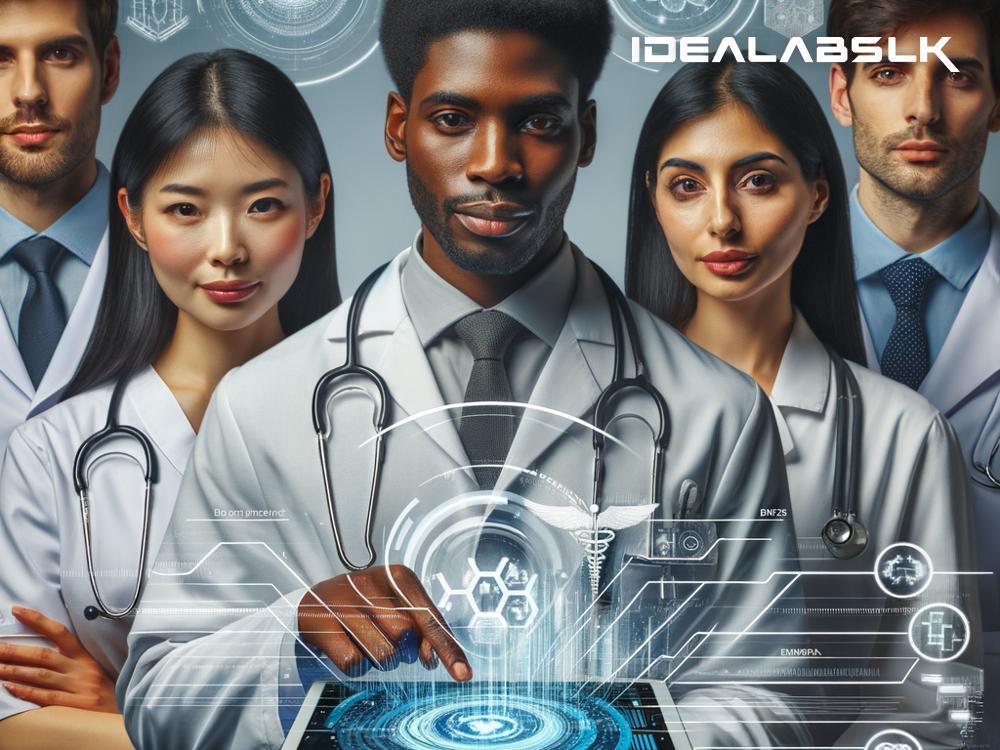How Predictive AI Will Revolutionize Healthcare Decisions
In the world of healthcare, making informed decisions could mean the difference between life and death, a quick recovery or a prolonged illness. Traditionally, these decisions have been based heavily on medical professionals' judgment and experience, supported by tests and diagnostics. What if these decisions could be informed by not just years of medical training and practice, but by the power of millions of data points, analyzed almost instantaneously? Predictive AI, a leap-forward technology, promises just that, transforming how healthcare decisions are made.
Understanding Predictive AI in Healthcare
Predictive AI, or Predictive Analytics Artificial Intelligence, is like a supercharged crystal ball for the medical field. It uses algorithms and machine learning techniques to analyze large sets of data—everything from electronic health records (EHRs) to the latest research findings—to predict future health outcomes. Imagine doctors having the ability to foresee potential health issues in their patients or determine the most effective treatment path with the support of vast data analytics. This isn't the plot of a sci-fi movie; it's rapidly becoming the reality of healthcare.
Early Diagnosis and Prevention
One of the most groundbreaking impacts of predictive AI is its role in early diagnosis and preventive care. Diseases like cancer, diabetes, and heart conditions can often be managed more effectively, and sometimes even reversed, if caught early. Predictive AI can analyze patterns and risk factors hidden in a patient's medical history to flag potential health risks long before symptoms appear. It's like having a time machine that allows doctors to intervene well before an illness turns serious, ultimately saving more lives and reducing healthcare costs.
Personalized Treatment Plans
The one-size-fits-all approach rarely works well in healthcare since every individual's body and illness respond differently to treatments. Predictive AI can process an individual's health data against outcomes from thousands, if not millions, of similar patient profiles and treatments, to recommend the most effective treatment plan for them. This means fewer trials and errors with medications and procedures, leading to faster recoveries and better health outcomes.
Enhancing Drug Development
Drug development is a long, expensive process with a high failure rate. Predictive AI can significantly streamline this process. By analyzing the complex relationships between diseases and drug compounds, AI can predict which drugs are most likely to succeed in treating a specific condition. This not only speeds up the development of new medications but also makes it far more cost-effective, potentially making life-saving drugs more accessible to those who need them.
Improving Hospital Efficiency
Hospitals are complex systems where resources must be optimized to cater to patients' needs efficiently. Predictive AI can play a crucial role in operational decisions, such as predicting patient admission rates, which can assist in staffing and bed allocation, ensuring that the hospital resources are utilized optimally. This improved efficiency can lead to better patient care and reduced wait times.
Ethical Considerations and Privacy Concerns
As promising as predictive AI sounds, it also raises significant ethical and privacy concerns. The use of vast amounts of personal health data necessitates stringent data protection measures and raises questions about who has access to this data and how it's used. There's also the risk of AI systems inheriting biases from their human creators, which could lead to disparities in healthcare outcomes. Addressing these issues is crucial for ensuring that the benefits of predictive AI can be enjoyed ethically and equitably.
The Way Forward
Predictive AI is set to revolutionize healthcare decisions, making them more informed, more efficient, and ultimately more effective. It promises not just better outcomes for patients but a transformative shift in how healthcare is delivered. As we stand on the cusp of this technological revolution, it's vital to navigate the challenges ahead thoughtfully, ensuring that predictive AI is developed and employed in a manner that upholds the highest ethical standards, respects patient privacy, and promotes health equity.
The integration of predictive AI into healthcare is an exciting development, one fraught with challenges but teeming with potentially life-saving benefits. As healthcare systems around the world begin to embrace this technology, we are moving towards a future where healthcare is more predictive, personalized, and preventive. A future where decisions in healthcare are no longer just based on past experiences and existing symptoms but informed by predictive insights, offering a new horizon in patient care and medical excellence.

